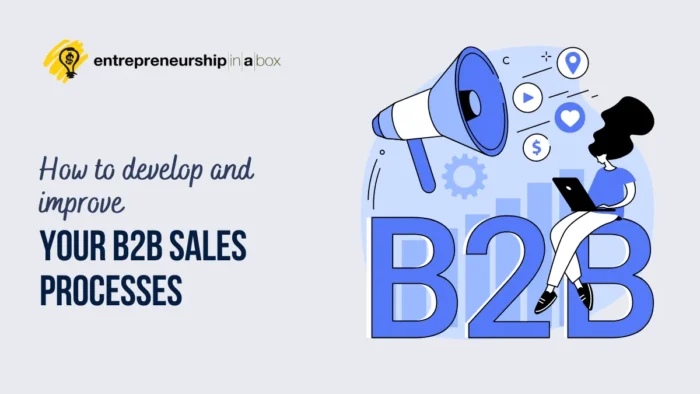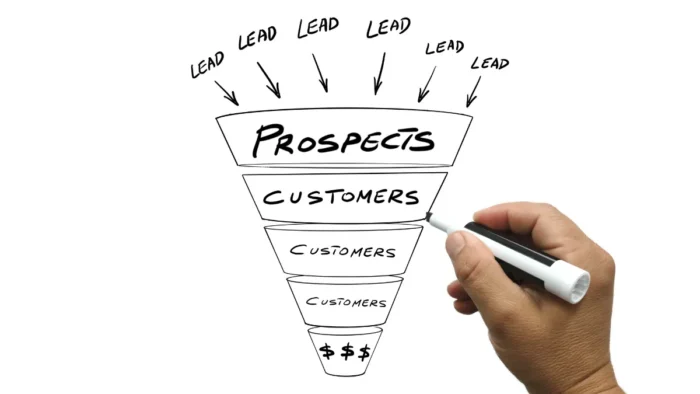As organizations strive to stand out from the crowd and generate demand for their products or services, it becomes crucial to employ effective strategies that ignite interest among target audiences.
This article sheds light on various techniques and approaches businesses can use to fuel demand generation. From leveraging compelling content marketing tactics to leveraging data-driven insights, we delve into the essential methodologies that can help companies attract and retain loyal customers amidst fierce competition.
Understanding Demand Generation
Understanding demand generation is essential for businesses seeking to capture and maintain the attention of potential customers in a competitive market. Demand generation refers to organizations’ strategies and techniques to create interest among their target audience and drive them toward purchasing their products or services. This involves identifying customer pain points, crafting compelling marketing messages, and implementing various tactics to effectively engage customers at different stages of their buying journey.
One key aspect of understanding demand generation is recognizing the importance of content marketing. By creating high-quality content that addresses customer needs, businesses can position themselves as thought leaders while providing valuable information that attracts potential buyers. Content marketing also allows companies to establish trust with customers and nurture relationships over time, leading to increased demand for their offerings.
Data-driven insights play a crucial role in effective demand generation strategies. Businesses can gain valuable insights into customer behavior, preferences, and trends by leveraging analytics tools and metrics. This enables more targeted messaging and personalized customer experiences throughout their buying process. Utilizing these insights helps companies identify opportunities for improvement within their demand generation efforts while optimizing resource allocation for maximum effectiveness.
Tools and Technologies for Effective Demand Capture
Tools and technologies play a crucial role in effective demand capture. One essential tool is customer relationship management (CRM) software, which allows businesses to track and manage their interactions with potential customers. CRM systems help companies organize customer data, track leads, and analyze sales patterns to identify valuable opportunities for demand generation. By utilizing CRM platforms, organizations can effectively target potential customers with personalized marketing messages that resonate with their needs and preferences.
Another technology that proves highly effective for demand capture is marketing automation software. These platforms enable businesses to automate marketing tasks such as lead nurturing, email campaigns, social media posting, and website personalization. With marketing automation tools, companies can tailor content to specific segments of their target audience based on demographics or past purchasing behavior. This level of customization enhances engagement levels by delivering relevant messaging at the right time.
Advanced analytics tools are instrumental in understanding customer behavior and identifying trends that drive demand generation strategies. By harnessing significant data insights through techniques like predictive analytics or sentiment analysis, organizations gain valuable information about people’s preferences or interests related to their products or services. Armed with this knowledge, they can develop targeted advertising campaigns focused on capturing the attention of potential customers who are most likely to convert into paying clients.
Effective Digital Channels for Demand Generation
In the digital age, businesses can utilize numerous effective channels for demand generation. The first and foremost is content marketing. Companies can attract potential customers and engage them with their brand by creating compelling and valuable content such as blog posts, videos, e-books, or webinars. Content marketing not only helps to establish thought leadership but also builds trust and credibility among target audiences.
Another powerful channel for demand generation is social media platforms. With billions of active users worldwide on platforms like Facebook, Instagram, LinkedIn, and Twitter, businesses have a vast audience to tap into. Building a solid social media presence allows organizations to connect with their target markets directly by sharing engaging content through posts or ads that generate interest and drive traffic back to their website or landing pages.
Leveraging data-driven insights is essential in today’s world of digital marketing for effective demand generation. Businesses gain valuable insights into buyer preferences and behaviors by analyzing customer behavior patterns using web analytics tools or CRM systems’ data points. These can be used for personalized targeting campaigns across various online channels like email marketing or paid search advertising.





